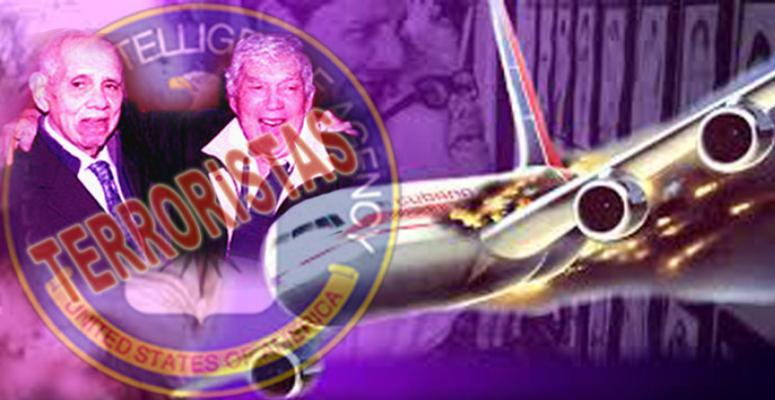
Cuba has suffered deaths and important material damages due to terrorist episodes, many of them financed and organized by and from the United States, such as the sabotage of a plane in mid-flight.
By Roberto Morejón
Cuba has suffered deaths and important material damages due to terrorist episodes, many of them financed and organized by and from the United States, such as the sabotage of a plane in mid-flight.
Paradoxically, the current Democratic administration certified that Cuba does not cooperate with U.S. efforts against that scourge.
Among the more than 700 terrorist attacks that targeted this archipelago, the sabotage of a Cubana de Aviación aircraft in 1976, in which 73 people perished, stands out for its disastrous result.
Forty-five years have passed since that crime and the masterminds, Orlando Bosch and Luis Posada Carriles, enjoyed freedom until the time of their death.
In other words, the assassination went unpunished, although it was not the only one, unfortunately, suffered by Cubans.
Shortly after the triumph of the Revolution, a Cuban pilot exiled in Miami flew a plane and bombed Havana neighborhoods, killing 2 people and injuring 45.
Another attack, much bloodier, occurred in Havana on March 4, 1960, when the steamship La Coubre, anchored in the port of Havana, was sabotaged, with weapons and ammunition for the defense of the young Revolution.
The subsequent list would be way too long, but the present U.S. administration overlooked it when it certified, through the State Department, in May of this year, that Cuba does not fully cooperate with the anti-terrorist efforts of the United States of America.
The government of Donald Trump had issued the same statement a year earlier, as a preamble to the inclusion of the Caribbean archipelago in the unilateral list of states that, from its point of view, sponsor international terrorism.
In addition to being an inconsistent accusation and wielded for political purposes, the procedure was aimed at justifying the tightening of the blockade. So far, the Democratic administration of Joseph Biden has not deviated from this line, in contrast to the guidelines outlined in his electoral campaign regarding a relaxation of the siege.
45 years after the crime committed very close to the coasts of Barbados, Cubans remember the fallen and denounce the ferocious and unfounded campaign of the United States, mentor of Carriles and Bosch, about Cuba's alleged support for terrorism.

